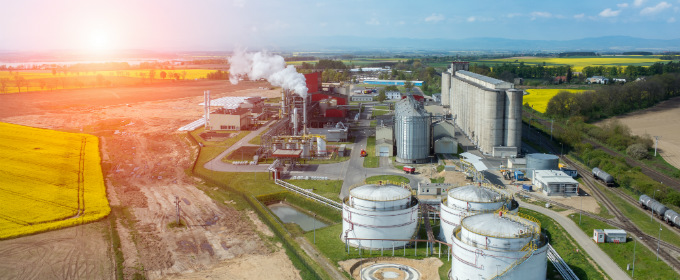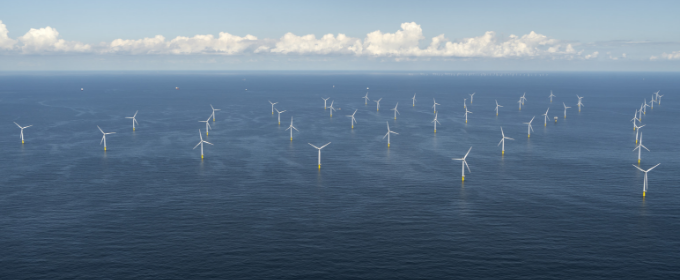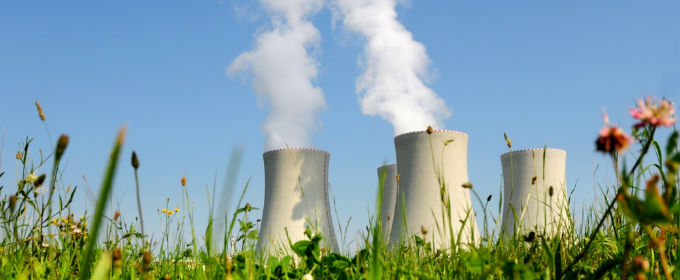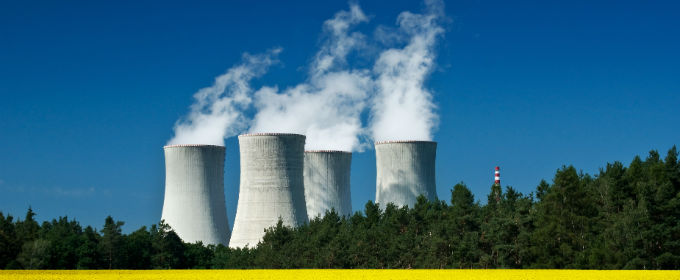In this blog, Dr Richard Fields looks at the need to be creative in developing transformative technologies such as advancements in battery life, in order to stave off an environmental disaster and ultimately safeguard humanity’s survival. • The cost of batteries has fallen faster than even the most optimistic forecasts, which means the future for […]









